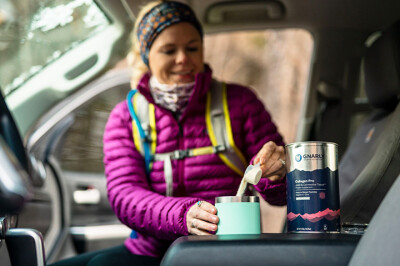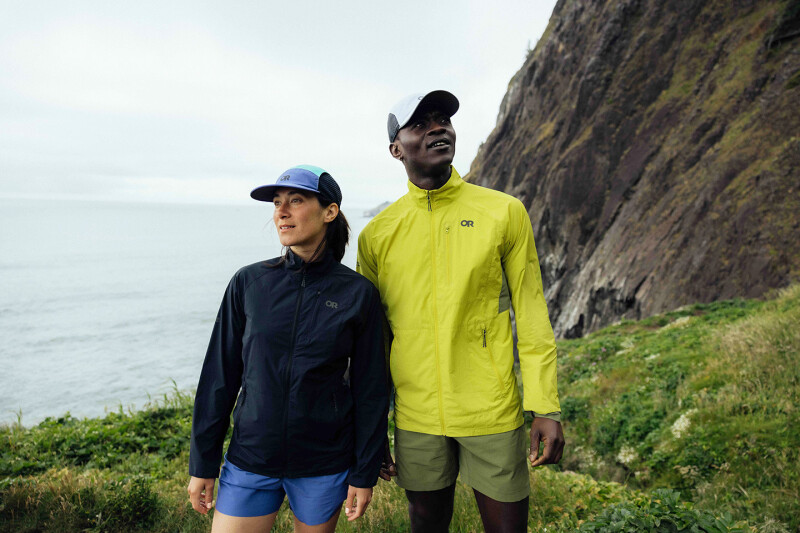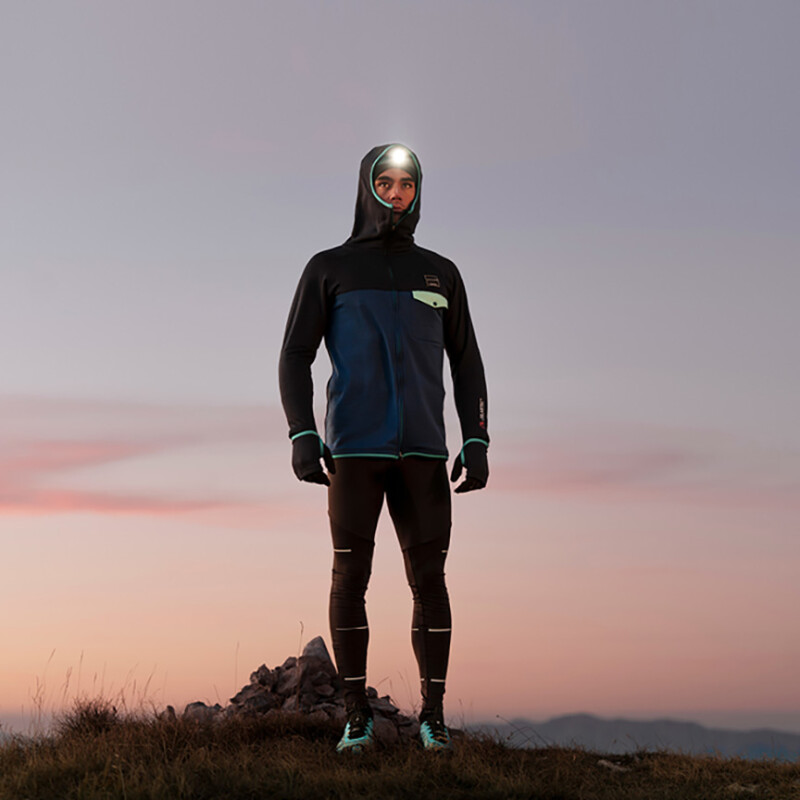When Heather Henderlong and her husband Todd opened the Extra Mile Fitness Company in Valparaiso, IN, a decade ago, the store’s hydration category consisted of old-school electrolyte drink mixes and a recovery mix or two.
As Henderlong witnessed rising customer interest in alternative dietary options – gluten-free, vegan, plant-based, GMO-free and the like – as well as a growing array of products from established and upstart nutrition players, however, she expanded Extra Mile’s drink mix offerings accordingly.
Today, for example, Extra Mile stocks an assortment of products from Gnarly Nutrition to satisfy customer preferences, spur traffic and boost revenue. Earlier this year, Henderlong brought in the Salt Lake City-based brand’s vegan Performance Greens product – “An easy way to start the day that we thought would fit easily into our customers’ different nutrition plans,” she says – as well as its GMO-free Collagen Pro offering.
“With about 65 percent of our customers being women, this seemed like an easy sell,” Henderlong says of Gnarly’s collagen-fueled mix.
Both the Gnarly products, in particular, have found a following at Extra Mile.
“People are going to go through their nutrition a lot faster than their shoes, so products like these give people a reason to visit our store more often,” she says.
The Opportunistic Rise of Drink Mixes
As nutrition brands have innovated beyond the basics and pushed compelling new products into the marketplace, the drink mix category has swelled over recent years and emerged as a noteworthy sales opportunity for run shops. No longer limited to drink mixes exclusively tied to strenuous physical activity, these retailers are investing in products designed for regular, if not daily, use — such as Mantra Labs’ Super Greens and Rest, Hammer Nutrition’s Whey Protein and the Immunity, Vitamins and Rest tablets from Nuun.
While stores must be prudent about the drink mixes they carry given space and financial considerations, many see clear benefits to stepping outside the traditional silos of electrolyte and recovery mixes.
For one, these additional products help expand their customer base beyond the fitness enthusiasts. Henderlong says she regularly sells Nuun Immunity and Vitamins to steel workers, hospital staff, landscapers and others seeking vitamins or natural products for a healthier jolt of energy.
“With these products we’ve been able to expand our market to anyone who’s moving and could use a boost,” she says, adding that there’s another appealing reason to carry assorted drink mixes. “As a run specialty shop, I want to sell stuff that goes in water because then I can sell bottles and packs, too.”
Meanwhile, Ryan Hess, co-owner of The Loop Running Supply Co. in Austin, TX, views the influx of new drink mixes as a promising conversion opportunity.
“Once customers start buying these types of items regularly from us, it’s a path to bigger purchases,” says Hess, who regularly sells drink mixes and even Floyd’s of Leadville Stage 17 Dark Roast Coffee to customers from the 150-person Gilbert’s Gazelles training group that roams his store each week to UPS and FedEx drivers.
In suburban Chicago, Dan O’Keefe, the nutrition buyer at Naperville Running Co., has pulled in additional products from the likes of Hammer and Infinit. The latter’s Mud meal supplement has become a popular go-to for those who prioritize a morning workout over a full breakfast.
“Our philosophy is to carry mixes so we have something for everyone,” O’Keefe says. “When we’re able to fulfill the solutions that people look to us for, they come back.”
7 Drink Mix-Moving Sales Tips
After adding these additional SKUs to their showrooms run shops then need to move the product. Retailers share these sales-driving strategies.
1. Keep staff in the loop.
O’Keefe provides information on nutrition products to all Naperville Running Co. staff members, highlighting each product’s points of differentiation and why it’s worth introducing to customers.
“People rely on our staff for valid insights and we want to communicate as much information as we can,” says O’Keefe, who also encourages staff to rely on their own first-hand experiences with a product as well as customer feedback to inform discussions with customers.
2. Empower advocates.
Allowing staff, fun run leaders, coaches and other store-level “influencers” to trial product is a sure-fire way to increase knowledge about various products and generate advocates. “We have local coaches pumping up a lot of these products for us,” Hess says.
3. Show, don’t tell.
When armed with samples from vendors like Mantra, Hess will share the product at The Loop’s group runs so people can try the product themselves. He calls the “taste test” key to propelling interest and promoting sales.
“Word of mouth is good, but personal experience is even better,” he says.
4. Keep an ear to opportunities.
Staff at Extra Mile are encouraged to spot sales opportunities beyond the run. A family going to Disney or hitting the national parks, for instance, is ripe for the convenience of drink mixes that pack a nutritional, energetic punch. “We use every angle we can,” Henderlong says.
5. Incorporate drink mixes into digital marketing.
Amid the fun run invites and new footwear debuts that line its Facebook page, Extra Mile also sprinkles in mentions and photos of drink mixes and its nutrition category siblings. “And inevitably, someone will come in and buy after we post something,” Henderlong says.
6. Always be hunting.
O’Keefe stays attuned to new products. If a customer asks about a particular drink mix he doesn’t know much about, he hits the Internet to find out more and, when necessary, requests trial samples from the vendor. “We don’t want to be behind the curve,” he says.
7. Monitor the numbers.
Calling drink mixes a category that “ebbs and flows,” O’Keefe maintains a constant eye on sales. Over the last three years as Naperville Running Co.’s nutrition buyer, he hasn’t been afraid to add new products or cut slow-moving items based on sales data.
“Everything we carry in our store has to make sense,” he says.







